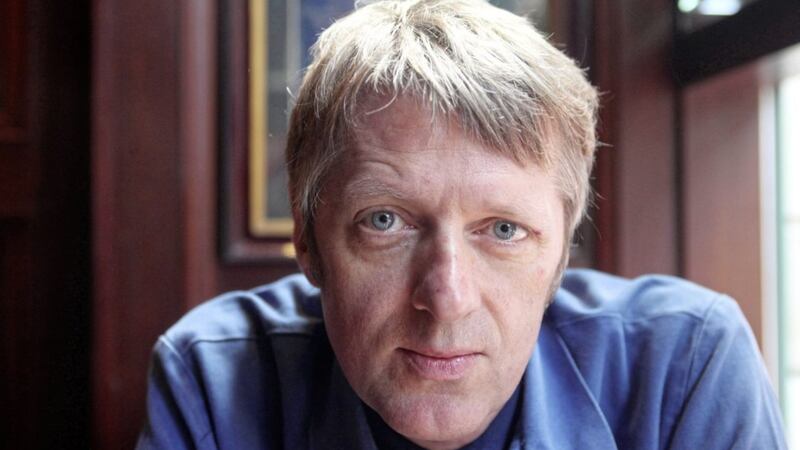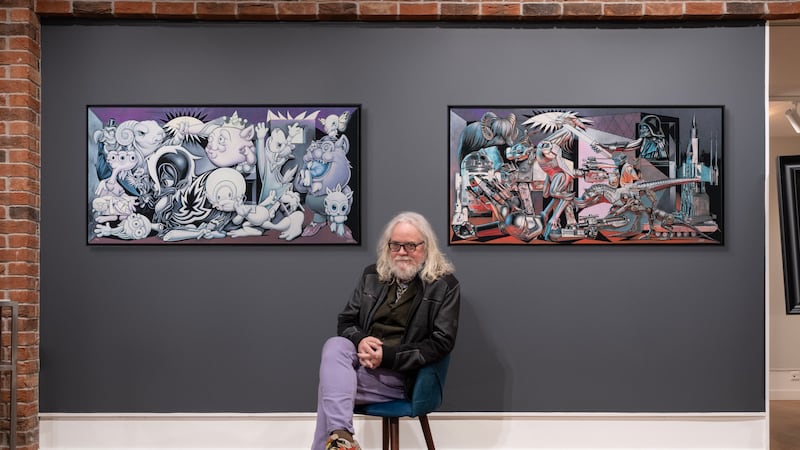Seamus Heaney: Words and Music
Duncairn
SEAMUS Heaney's guttural muse was always profoundly melodic. In the clip of his most rhythmically adept poems it's not hard to summon up an echo of the pipe and bodhran. 'Bits of a tune/ Coming in from loud weather', as the man himself wrote in the Given Note, one of the early readings by Glenn Patterson at the Duncairn centre event on Tuesday.
Based on a story by the composer Sean Ó Riada, Heaney’s poem showed the porous nature of his relationship with music, moving from a musical story to his poem and, on this occasion, a musical piece by contemporary composer Rachel Holstead.
Holstead shares both Ó Riada's links with Dingle and Heaney's association with Queen's University and her take on the poem had the string quartet ‘coming off the bow gravely’.
The rolling maritime rhythm underpinned the music’s keening strangeness. Not for the last time in the course of the evening we sensed Heaney honouring a mentor, as Glenn Patterson continued his readings with In Memoriam: Sean Ó Riada, followed by a selection from the composer’s Hercules Dux Ferrarie.
The sextet of pieces ranged from the jazzy to the challenging, with an interplay of smears between the violins and cellos threatening to either set the teeth on edge or provoke giggles. A Wagnerian flourish at the end raised the volume of applause.
The second part of the evening concentrated on Neil Martin’s surely unique musical relationship to Heaney. Glenn Patterson, whose entertaining role as both reader and master of ceremonies kept the evening from any hint of ponderousness, found the right level of gravitas for both The Aeneid and especially for Station Island'
Martin’s Lacrimae Rerum was the evening’s musical highlight, majestic and funereal, without being depressing, a lament heading westward to finally become air, or even become an air. In contrast, his Helping Hand was busy and worldly, strings augmented by a busy clarinet trying to find its way, interrupted by melodic flourishes and a thunderous conclusion that capped a perfectly balanced evening.








